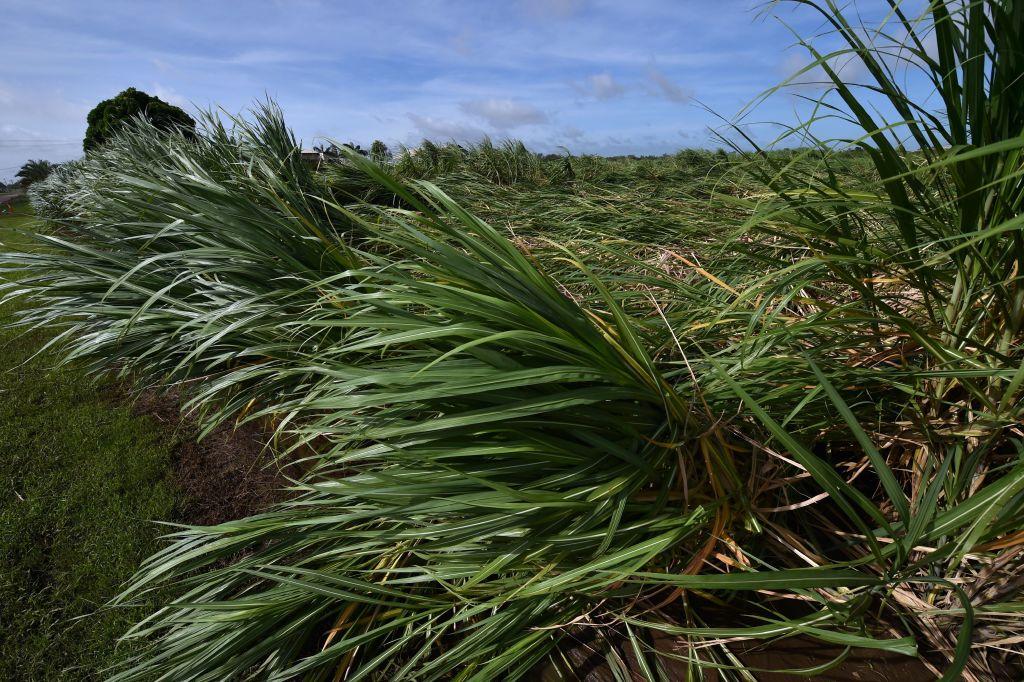A sugar mill in Far North Queensland placed into voluntary liquidation in November is set to close after failing to find a buyer at the 11th hour, leaving workers out of a job and local cane growers to face uncertainty over their future.
The 127-year-old Mossman Sugar Mill, located near Port Douglas, has been hoping investment could be found to save the business.
“At this point, there isn’t a viable alternative and we had engaged with multiple parties and worked tirelessly to try and get the correct investment,” he said.
He added that its assets would be sold and creditors paid.
The mill’s closure is part of a broader liquidation of four grower-operated companies under the umbrella of the Daintree Bio Precinct Group, which also farms papaya and cocoa.Sugarcane is a highly efficient crop for biofuel production due to its high energy content and relatively low input requirements. Hope briefly flickered in late February that the mill could be transformed into a bio-fuel plant, with an un-named company offering to invest $26 million, but it eventually failed to materialise.
Far North Queensland produces 95 percent of Australia’s sugar. Established in 1894, the mill has a long history of sugar production and is an important part of the region’s economy and heritage.
However, despite its historical appeal, concerns over sugarcane supply due to the effects of last year’s tropical cyclone Jasper that decimated plantations, coupled with an industry-wide shortage of workers, would have deflected interest in the mill, said Mr. Goggin.
“The amount of supply isn’t likely to increase given the difficulties that growers have been facing … weather events and rising input costs haven’t helped,” he said.
Mayoral candidate for Douglas Shire Council Lisa Scomazzon said the closure would have a huge knock-on impact on the region as a whole.
“It’s a big part of this community and a lot businesses contribute to that mill,” Ms. Scomazzon told the ABC.
“It’s $190 million in our economy every year, so that’s a big hit for this shire.”
Workers Tried to Save the Lifeblood of the Community
In February, workers appealed to the state government for assistance during a heated meeting in Port Douglas.In response, Premier Steven Miles offered an $12 million (US$7.8 million) funding package aimed at keeping the wolves from the door while a new buyer was sought.
By way of contingency, Mr. Miles said if a buyer could not be found, the money would be directed towards finding employment for affected Mossman residents in alternate industries.
After entering administration, the workers learned of their fate at the end of March.
“It would mean that three of my kids would have to relocate to find work and probably suffer a loss in value of their homes, that each of them own,” she said.
“And I wouldn’t get to see my grandkids.”
Many growers in the surrounding area are now considering repurposing their land to grow fruit or raise cattle.In preparation for liquidation, Mr. Goggin and Queensland’s development department said mill staff was to be scaled back from 75 to 55, with the remainder staying on until operations ceased.
“It’s obviously disappointing that the Mossman Mill wasn’t able to secure an investor but we’re committed to supporting the people of the region,” the spokeswoman said.
An information session outlining the options for affected workers will be held in due course, and this is expected to include explanation of options for new career paths.







